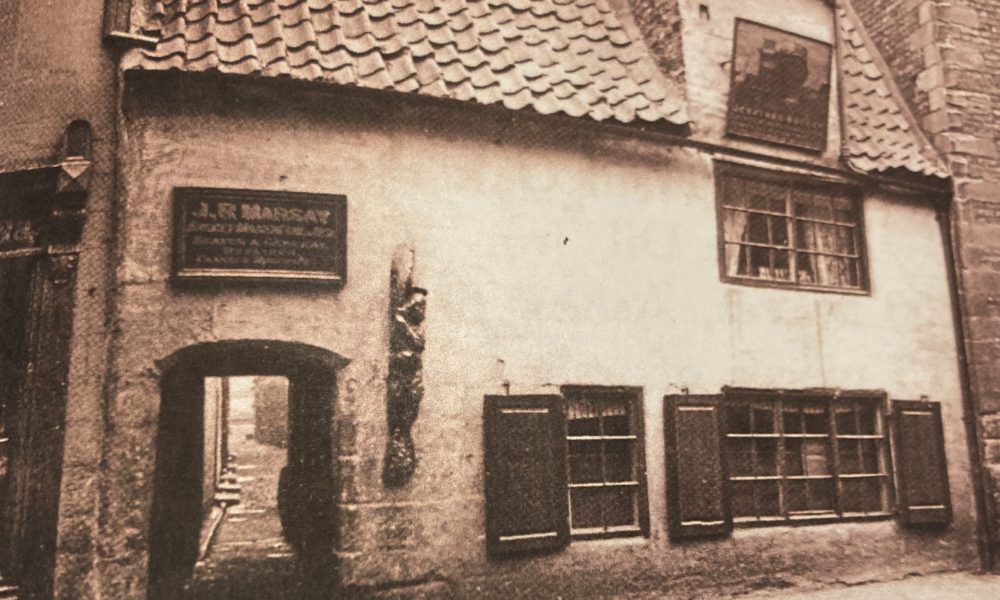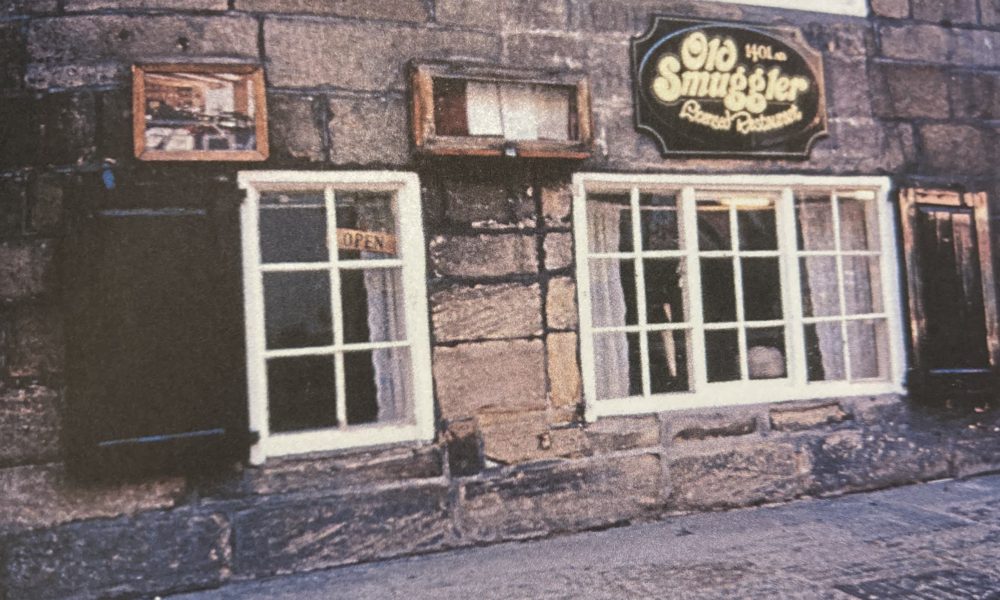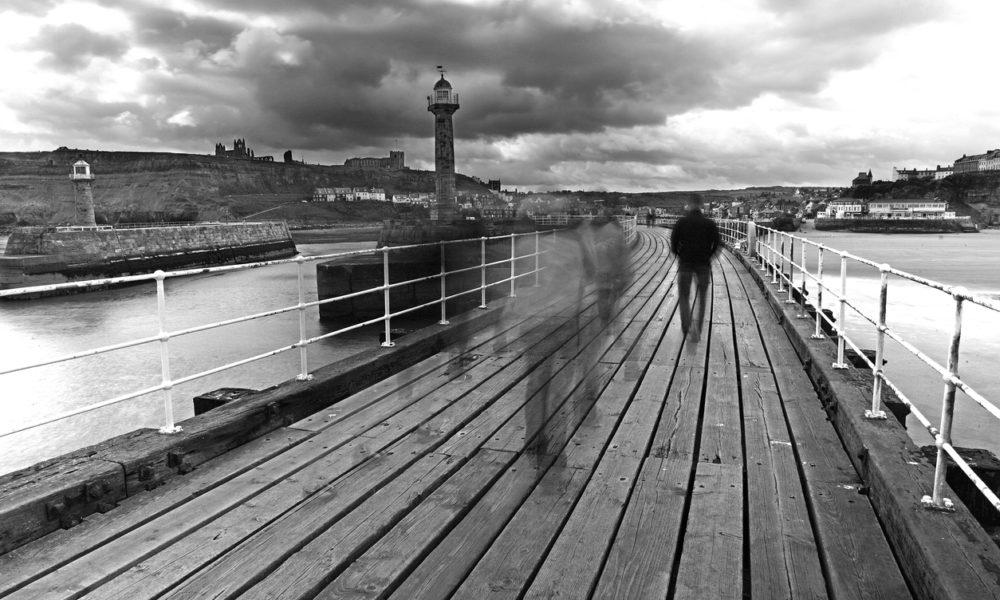Smuggling in Whitby
Whitby has a long and rich history of smuggling. Its sheltered harbour, narrow streets, and rugged coastline made it an ideal location for smugglers to land their goods and evade the authorities.
Smuggling in Whitby began in the early 17th century, when the government imposed high taxes on imported goods, such as tea, tobacco, and alcohol. This made it very profitable for smugglers to bring these goods into the country illegally.
Whitby’s smugglers were known for their ingenuity and daring. They used a variety of methods to smuggle their goods, including:
- Hiding goods in secret compartments on their ships.
- Landing goods at night in secluded coves and beaches.
- Using horses and carts to transport goods inland.
- Bribing or intimidating government officials.
Smuggling was a dangerous business, but it was also very lucrative. Many smugglers in Whitby became wealthy men, and their exploits are still celebrated in local folklore.
One of the most famous smugglers in Whitby was Captain John Johnson, known as “Lucky Jack.” Johnson was a master mariner who commanded a fleet of smuggling ships. He was known for his daring raids and his ability to outsmart the revenue cutters.
Another famous smuggler was Andrew Snape, known as “King Snape.” Snape was a powerful and influential figure in Whitby. He owned several pubs and inns, which he used as bases for his smuggling activities.
Smuggling in Whitby began to decline in the early 19th century, as the government reduced taxes on imported goods. However, the town’s smuggling heritage is still alive today. There are many pubs and restaurants in Whitby that bear the names of smugglers, and there are several smuggling museums in the town.


Here are some interesting stories about smugglers in Whitby:
- In 1783, a group of smugglers were caught landing goods on the beach at Whitby. They were surrounded by revenue officers and a fight broke out. One of the smugglers, a man named Thomas Robinson, was shot and killed. He is said to have been buried in a secret grave on the beach, and his ghost is said to haunt the area to this day.
- In the early 19th century, there was a smuggler named John Andrew who was known as the “King of Smugglers.” Andrew was a very successful smuggler, and he became very wealthy. He owned several pubs and inns in Whitby, and he used them to launder his money and to store his smuggled goods. Andrew was eventually caught and convicted of smuggling, but he only served a short sentence. He died a wealthy man in 1841.
- There are many stories of smugglers using secret tunnels and passageways to transport their goods around Whitby. One such tunnel is said to run from the old pier to the church of St Mary. Another tunnel is said to run from the Ship Inn to the Old Smugglers pub.
- In Whitby, women were also involved in smuggling. Housewives would go to market wearing loose-fitting clothes and return home with hidden contraband. The tax collector would never suspect a housewife of such a crime.
Smuggling was a dangerous and illegal activity, but it was also a way of life for many people in Whitby. The town’s smuggling heritage is a fascinating part of its history, and it is still celebrated today.

